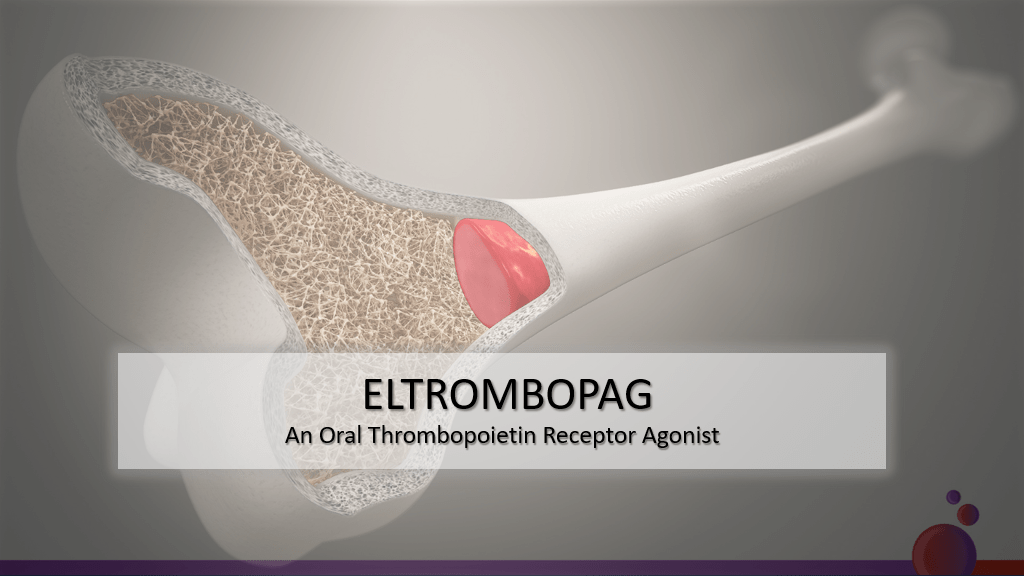Speaker: Shamala Navida, Executive Medical Director, Geron
Key Highlights:
Background and Unmet Needs:
Lower-risk myelodysplastic syndromes (MDS) often lead to transfusion-dependent anaemia, significantly impacting patients' quality of life and prognosis. Traditional therapies, such as erythropoiesis-stimulating agents (ESAs), are ineffective for many, particularly those with serum erythropoietin (EPO) levels >500 mU/mL or those who become refractory. Until recently, no FDA-approved treatments existed for ESA-refractory or ineligible RS-negative MDS patients.
Imetelstat Overview:
Imetelstat is the first FDA-approved telomerase inhibitor for eligible lower-risk MDS patients with transfusion-dependent anaemia. It is indicated for adults who require ≥4 units of RBCs over eight weeks and have not responded to or are ineligible for ESAs.
Mechanism of Action:
Imetelstat targets malignant stem and progenitor cells by inhibiting telomerase activity, inducing apoptosis, reducing malignant cell proliferation, and shortening telomeres.
Clinical Efficacy: IMerge Phase 3 Trial
-
The double-blind, placebo-controlled IMerge Phase 3 trial enrolled 178 patients across 17 countries. Key inclusion criteria included lower-risk MDS patients with transfusion-dependent anaemia who were refractory or ineligible for ESAs.
-
Primary Endpoint: 39.8% of Imetelstat-treated patients achieved ≥8 weeks of RBC transfusion independence (RBC-TI) compared to 15% with placebo (p < 0.001).
-
Secondary Endpoint: 28% achieved ≥24 weeks RBC-TI with Imetelstat versus 3.3% with placebo.
-
Durability: Median RBC-TI duration was 51.6 weeks for ≥8-week responders and 80 weeks for ≥24-week responders.
-
Haemoglobin Improvement: Responders experienced a median haemoglobin increase of 3.6–5.2 g/dL.
Safety Profile:
-
Adverse reactions were manageable with supportive care, dose delays, or reductions.
-
Common adverse events included thrombocytopenia, neutropenia, and infusion-related reactions.
-
Serious adverse events occurred in 32% of patients, with 15% discontinuing treatment due to adverse events.
-
Lab abnormalities, including cytopenias, were observed in >10% of patients but resolved in over 80% within four weeks.
Practical Considerations:
-
Dosing: 7.1 mg/kg IV every four weeks, with premedication to prevent infusion reactions.
-
Monitoring: Regular CBCs and liver function tests are required.
-
Discontinuation Criteria: No transfusion burden reduction after 24 weeks or unacceptable toxicity.
Patient Eligibility and Profiles:
Imetelstat is appropriate for:
-
ESA-refractory or ineligible patients (e.g., EPO >500 mU/mL).
-
Both RS-positive and RS-negative patients.
-
Those requiring ≥4 RBC units over eight weeks.
Conclusion
Imetelstat offers a novel, practice-changing option for managing transfusion-dependent anaemia in lower-risk MDS, especially for ESA-refractory or ineligible patients. It significantly improves transfusion independence and haemoglobin levels with manageable safety concerns, providing hope for reduced transfusion dependency and improved patient outcomes.
ASH Annual Meeting and Exposition, 7-10 December 2024, San Diego, California

.svg?iar=0&updated=20230109065058&hash=B8F025B8AA9A24E727DBB30EAED272C8)


